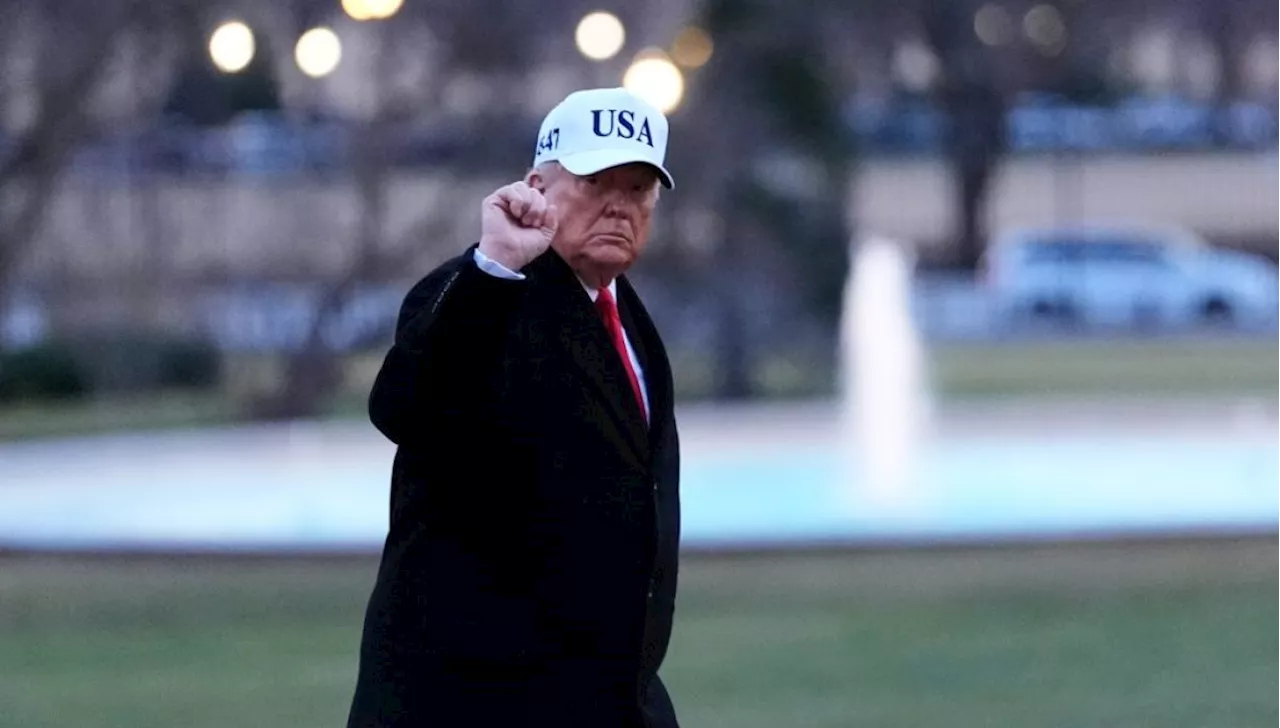
New research indicates that administering smaller, fractional doses of vaccines during epidemics can lead to a significant reduction in infections. This approach proves especially valuable when vaccine supply is limited or distribution networks are challenged.
The findings, published in June 2023, highlight a promising strategy for public health officials facing critical vaccine shortages. Researchers found that fractional dosing not only optimizes the limited supply of vaccines but also broadens access to immunization, potentially saving millions of lives across the globe.
One of the primary concerns during an epidemic is the availability of vaccines. Traditional dosing often requires substantial quantities, which can be problematic in times of crisis. By utilizing smaller doses, health organizations can ensure that a larger segment of the population is protected, thereby reducing the overall infection rates. This method has shown effectiveness in several studies, indicating that the immune response can be elicited even with less than the standard dosage.
According to Dr. Emily Thompson, a leading researcher in immunology, “The implications of fractional dosing are profound. In situations where every dose counts, prioritizing smaller doses could significantly alter the course of an epidemic.” This sentiment reflects a growing consensus among public health experts regarding the need for innovative vaccination strategies.
The research emphasizes that fractional doses could be particularly beneficial in low- and middle-income countries, where supply chains are often under strain. By adopting this approach, these nations could enhance their vaccination campaigns and better protect vulnerable populations without waiting for entire supplies of standard doses to arrive.
Notably, historical data supports the effectiveness of fractional doses. During the 2009 H1N1 influenza pandemic, studies demonstrated that lower doses could still generate a robust immune response. Such findings bolster the argument for implementing fractional-dose strategies in future public health responses.
As countries continue to grapple with vaccine distribution challenges, the potential for fractional dosing presents a viable solution. This method not only maximizes the existing supply but also fosters greater equity in access to vaccines. The urgency of this strategy cannot be overstated, particularly in the face of ongoing global health threats.
In conclusion, the adoption of fractional-dose vaccines represents a crucial advancement in public health strategy. As researchers continue to explore this innovative approach, the hope is that these findings will influence vaccine policies worldwide, ultimately leading to a healthier and more resilient global population.






